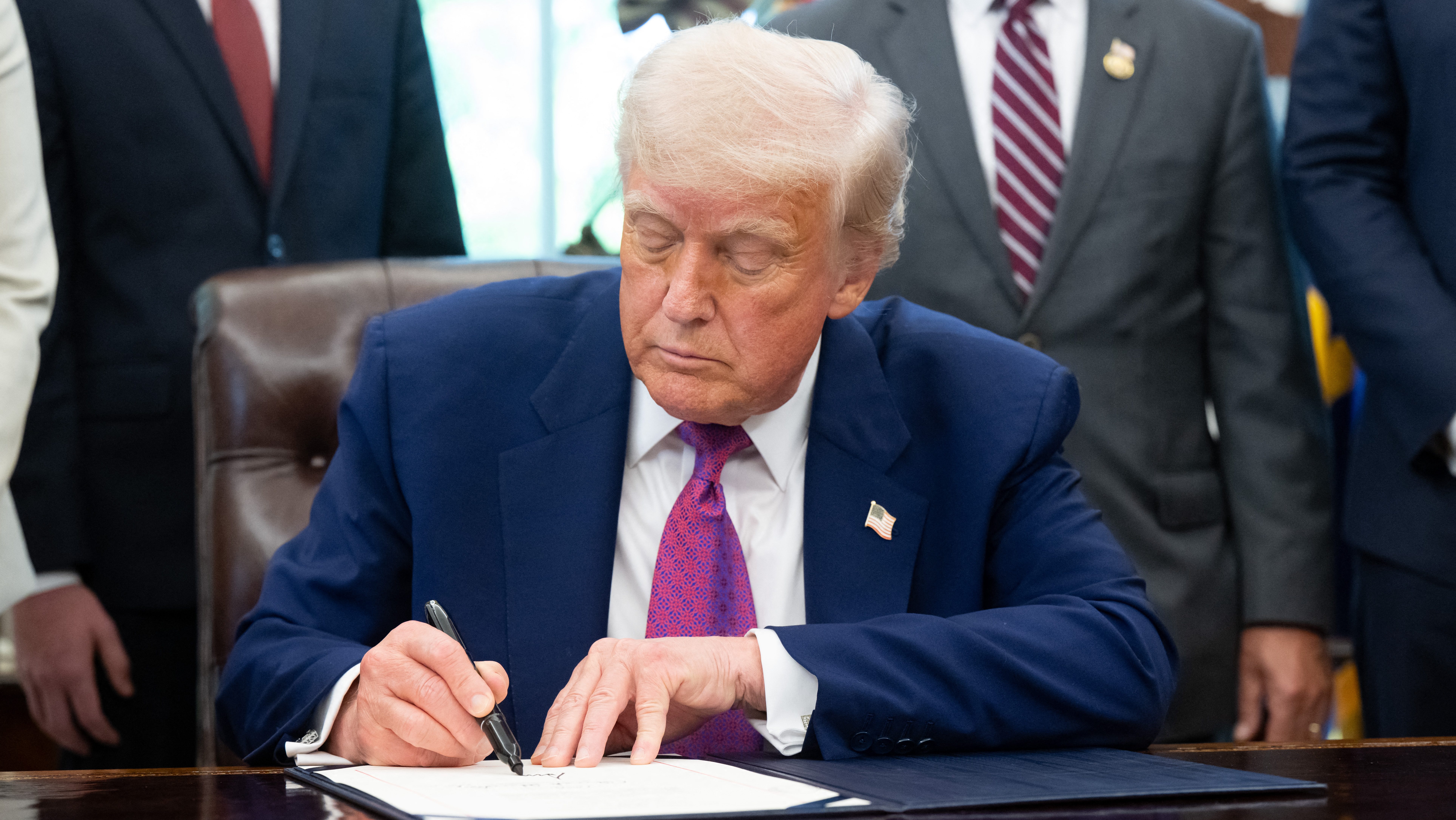Young Adults Struggling: Harvard Survey Reveals Financial Hardship
Financial Struggle is Real: Why Young Americans Are Barely Getting By
Introduction: A Generation on the Brink?
Are young Americans facing a financial crisis? A recent Harvard survey paints a concerning picture. Roughly 42% of Americans under 30 report that they are either “struggling to make ends meet” or “getting by with limited security.” This isn't just a statistic; it represents real anxieties and hardships faced by a significant portion of our young population. Let's dive into the details and explore why so many are feeling the financial squeeze.
Harvard Survey: Unveiling the Financial Stressors
The survey, conducted by Harvard’s Institute of Politics between March 14 and 25, 2025, polled 2,096 adults aged 18 to 29. Its findings highlight a stark reality: financial insecurity is pervasive among young adults. This isn't just about a lack of lavish spending money; it's about the basic ability to cover essential expenses.
Demographic Disparities: Who's Feeling the Pinch the Most?
The survey further reveals that financial insecurity disproportionately affects certain demographics. Women, Hispanic individuals, and those without college degrees are experiencing higher levels of financial stress. It's a complex interplay of factors, including wage gaps, access to opportunities, and the rising cost of education.
The Education Divide: A Pathway to Financial Stability?
Education appears to play a significant role in financial security. The survey data shows a clear correlation between educational attainment and financial well-being.
Breaking Down the Numbers: Education and Income
- 50% of those not in college and without a degree report struggling or barely getting by.
- 35% of current college students feel financially insecure.
- 29% of college graduates report similar struggles.
While a college degree doesn't guarantee financial success, it significantly improves the odds. College graduates are often in a stronger position due to increased earning potential and access to better job opportunities. But is a degree the only answer?
The Rising Cost of Living: An Uphill Battle
One of the biggest contributing factors to this financial strain is the escalating cost of living. From rent and groceries to healthcare and transportation, expenses are outpacing wage growth. Imagine trying to run a marathon with a backpack full of bricks – that's what it feels like for many young adults trying to navigate the current economic landscape.
Inflation's Impact: Eroding Purchasing Power
Inflation, in particular, has taken a toll on young people's purchasing power. The prices of everyday essentials have soared, making it increasingly difficult to make ends meet. That dream apartment? That weekend getaway? For many, they're becoming increasingly out of reach.
The Burden of Student Loan Debt: A Generational Anchor
Student loan debt is another major burden weighing down young Americans. Millions are saddled with significant debt obligations that consume a large portion of their income. It's like starting a race already behind the starting line.
The Debt-to-Income Ratio: A Vicious Cycle
The high debt-to-income ratio creates a vicious cycle, limiting their ability to save, invest, and build wealth. It prevents them from achieving key milestones like buying a home, starting a family, or even saving for retirement.
Job Market Challenges: Finding Stability in a Gig Economy
The job market presents its own set of challenges. Many young adults are working in the gig economy or in low-paying jobs with limited benefits. The traditional path of climbing the corporate ladder feels more like navigating a precarious tightrope.
The Rise of the Gig Economy: Flexibility vs. Security
While the gig economy offers flexibility, it often lacks the security and benefits that traditional employment provides, such as health insurance, paid time off, and retirement savings plans. It's a trade-off that can leave many feeling vulnerable and financially insecure.
Mental Health Implications: The Stress of Financial Instability
The constant stress of financial instability can take a toll on mental health. Anxiety, depression, and burnout are common among those struggling to make ends meet. It's a heavy burden to carry, and it can impact all aspects of life.
Seeking Support: Breaking the Stigma
It's crucial for young adults to prioritize their mental health and seek support when needed. Talking to friends, family, or a mental health professional can make a difference. Remember, you're not alone, and there's no shame in asking for help.
Financial Literacy: Empowering Young Adults
Improving financial literacy is essential for empowering young adults to manage their finances effectively. Understanding budgeting, saving, investing, and debt management can equip them with the tools they need to build a secure financial future.
Free Resources and Tools: Taking Control of Your Finances
There are numerous free resources and tools available to help young adults improve their financial literacy. From online courses and workshops to budgeting apps and financial advisors, there's no shortage of information and support. The key is to take the first step and start learning.
Government Policies: Addressing the Root Causes
Addressing the root causes of financial insecurity requires comprehensive government policies. These include increasing the minimum wage, expanding access to affordable healthcare, and providing student loan relief. Investing in the financial well-being of young adults is an investment in the future of our nation.
The Role of Policymakers: Creating a Level Playing Field
Policymakers have a responsibility to create a level playing field that allows all young adults to thrive. This includes addressing systemic inequalities and promoting policies that support economic opportunity. It's about creating a society where everyone has a chance to succeed.
Community Initiatives: Building a Support Network
Community initiatives play a vital role in providing support and resources to young adults facing financial challenges. These initiatives can offer job training, financial counseling, and access to affordable housing. It takes a village to raise a child, and it also takes a community to support young adults as they navigate their financial journeys.
The Power of Local Support: Connecting with Resources
Connecting with local community resources can make a significant difference in the lives of young adults. These resources can provide a safety net and help them overcome financial obstacles. Don't hesitate to reach out and seek assistance.
Entrepreneurship: A Path to Financial Independence?
For some young adults, entrepreneurship may be a viable path to financial independence. Starting a business can offer the opportunity to create wealth and control one's own destiny. However, it's important to approach entrepreneurship with careful planning and a solid understanding of the risks involved.
Weighing the Risks and Rewards: Is Entrepreneurship Right for You?
Entrepreneurship is not for everyone, but for those with the drive, passion, and resilience, it can be a rewarding path to financial success. It's about taking calculated risks and believing in yourself.
Conclusion: A Call to Action
The Harvard survey highlights a critical issue facing young Americans: financial insecurity. The fact that 42% of those under 30 are struggling or barely getting by is a wake-up call. We must address the root causes of this problem, including the rising cost of living, student loan debt, and job market challenges. By investing in education, promoting financial literacy, and enacting supportive government policies, we can empower young adults to build a secure financial future. The future of our nation depends on it.
Frequently Asked Questions
Here are some frequently asked questions about financial insecurity among young adults:
- What are the main factors contributing to financial insecurity among young adults?
The main factors include the rising cost of living, student loan debt, job market challenges (particularly in the gig economy), and lack of financial literacy.
- What resources are available to help young adults improve their financial situation?
Many free resources exist, including online financial literacy courses, budgeting apps, credit counseling services, and community-based programs.
- How does education level impact financial security?
Higher levels of education generally correlate with greater financial security due to increased earning potential and access to better job opportunities.
- What role can government policies play in addressing financial insecurity among young adults?
Government policies such as increasing the minimum wage, expanding access to affordable healthcare, and providing student loan relief can help create a more level playing field.
- What can young adults do to protect their mental health while dealing with financial stress?
Prioritize self-care, seek support from friends, family, or mental health professionals, and practice stress-reducing techniques like mindfulness and exercise.

